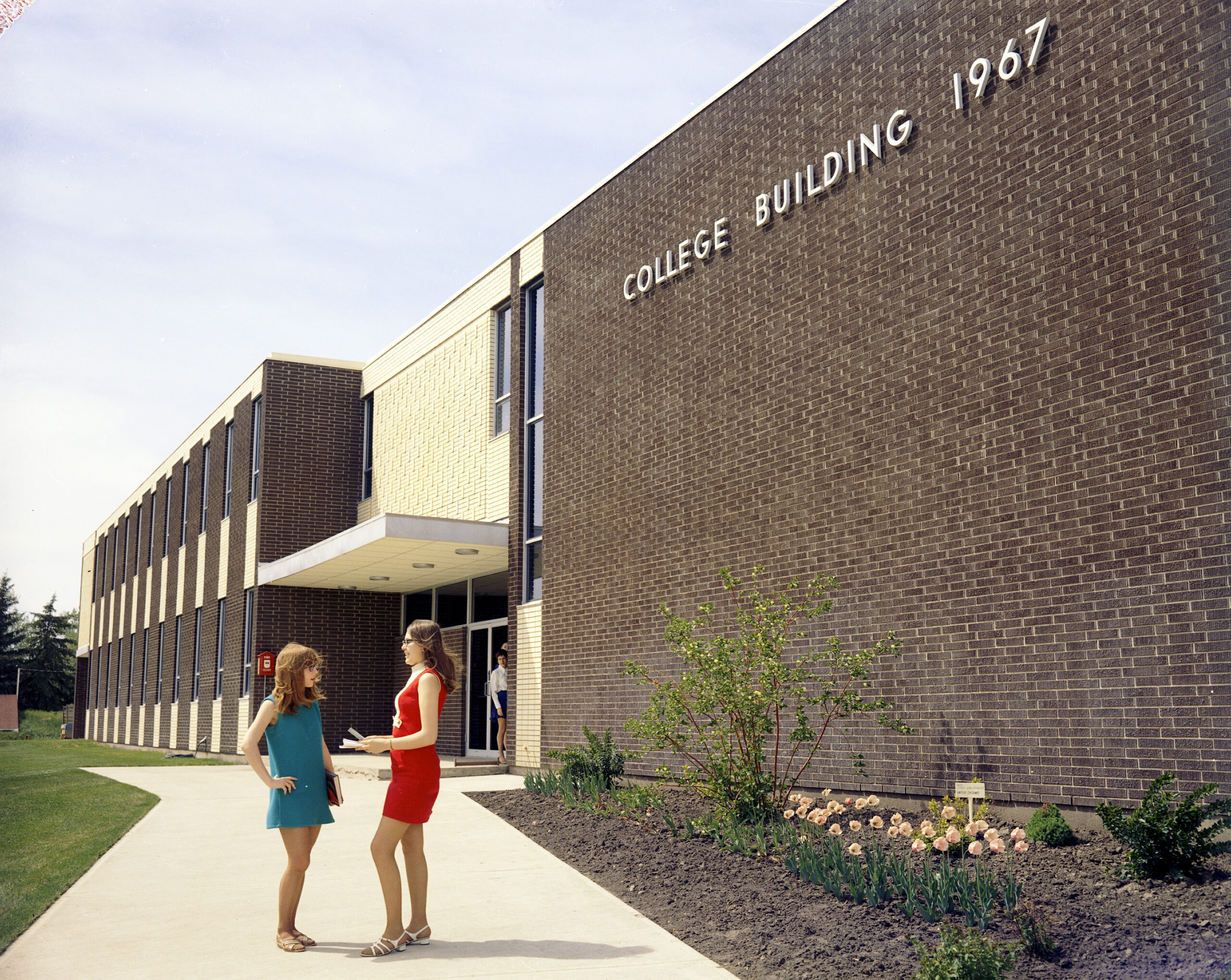The Talented Scholars Resource Room (TSR^2) at MIT provides academic support and guidance to students through the Office of Minority Education. Academic support services — such as exam reviews, facilitated study groups and one-on-one tutoring — are provided to students free of charge and are led by advanced undergraduate and graduate students.
In line with the world-class reputation of MIT, TSR^2 offers top-notch services at an incredibly efficient pace, optimizing a small team to meet the needs of their student body. For the 2021 school year (July 2021-June 2022), the small team of facilitators (tutors) hosted 330 sessions, exemplifying consistency and productivity in support of their students.
Because of their large impact, the TSR^2 team needed a responsive program that could take over the time-consuming and repetitive tasks, while being easy for students to adapt to and use during stressful periods of their academic calendar.
The Nimbus Learning Solution
“Before Nimbus, everything was on us. The actual platform for students to request their tutoring times had to be maintained by us. That was the same platform for the facilitators to put their times and the availability. So we had to add everything, remove everything, we had to take care of any changes that we needed to make.”
— Somiya Kalloo, Assistant Dean for Academic Excellence programs, MIT Office of Minority Education
The Nimbus platform takes over scheduling and data collection for both students and tutors, meaning administration has more time to focus on connecting with students and responding to their needs. By switching to the Nimbus platform, the TSR^2 estimates they saved 10 hours per week. Uri Martinez-Tavera, Program Coordinator for MIT Office of Minority Education, says she now only spends 10-15 hours per week on orchestrating the program, meaning they have seen a 50% reduction in administrative time.
Reliability is also a factor for any technology-based program. The team estimates they are saving even more than the 10-hours-per-week, considering their previous platform would sometimes glitch and the team would have to manually schedule all sessions until a fix was made. With Nimbus Learning, this is no longer a concern.
On top of the administrative workload, Nimbus also added new methods of data collection the team was able to use to plan ahead. Information, like which courses are in high demand, help them make facilitator recruitment responsive to the changing needs of the student body. This makes it easier for students to get the help they need when they need it — and happy students continue to come back.
“It has been a consistent upward trajectory, which has been awesome.”
— Somiya Kalloo, Assistant Dean for Academic Excellence programs, MIT Office of Minority Education
Being able to advertise an easy-to-use booking system has made it easier for students to take advantage of the services offered by TSR^2. After a brief transition period lasting approximately one month, the number of sessions have begun to climb over the course offerings from the year before.
Kalloo says this is due in part to how easy it is for students to use the Nimbus platform, as well as training videos and FAQ provided on their website that can help students on demand. Facilitators trained in all aspects of the platform by Nimbus also means that if students have a question, they have multiple resources they can go to for answers.
Improving access wherever possible is important, as each barrier increases likelihood of student drop off. An easy-to-use system helps ensure programs are used to their potential.
A solid program structure
The TSR^2 program runs a tight ship, which means students know what support they can expect both in terms of working as a facilitator and when seeking out help.
One staff member is specifically dedicated to getting academic material and course outlines from the different departments. All of this information – upcoming midterms, assignments, material to help with these tasks, et cetera, is then consolidated and provided to the tutors. Facilitators also have training sessions on both the platform and on educational skills, as well as monthly check-ins with the administrative team.
Recognizing the many types of learning styles students may have, TSR^2 also offers flexibility — from one-on-one to group study sessions to problem nights, offered remotely and in-person. The program meets the students where their needs are.
Supported by a responsive partnership team
“It has always been a ‘Yes, we can do it,’ or, ‘Let’s work on it.’ It’s never been a ‘no, that’s not something we can do,’ which has been really awesome.”
— Somiya Kalloo, Assistant Dean for Academic Excellence programs, MIT Office of Minority Education
As with all programs, TSR^2 has specific needs that cater directly to their program and students. The Nimbus team is always an email away, ready to adapt to the demands of a growing program.
At first, the program allowed students to sign up on an as-needed basis, but the TSR^2 became concerned that a few eager students were quickly booking up all the sessions. Nimbus introduced a cap for each student, to ensure support is available for all students when they are ready for it. This cap can be adapted as needed, so the team can adapt for special circumstances.
Conclusion
Small teams can have a large impact on the lives of students — especially when one has been set up as effectively as TSR^2. Nimbus plays an important support role in this program, cutting down on their administrative workload by an estimated 10 hours per week, while also keeping the team informed through up-to-date analytics. This means the TSR^2 team has more time to focus on what really matters — and the information they need to do it better than ever before.
“A wonderful aspect of working with Nimbus Learning is they have been so open and welcoming. Both the facilitators and TSR^2 team have the option to just reach out for help, and the Nimbus team has been super responsive.”
— Somiya Kalloo, Assistant Dean for Academic Excellence programs, MIT Office of Minority Education




